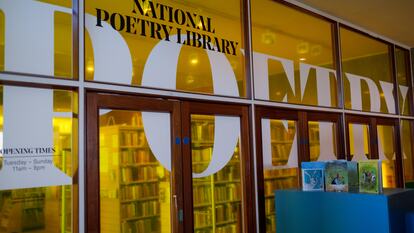Wild with sleep and sleeplessness
I kept losing tables, cities,
trees, churches, palaces, entire countries
Where was Egypt?
How could I have misplaced Poland?
When there was only one table left in the world,
breakfast tried to cheer everyone up –
I lost autumn,
ageless autumn, mislaid winter,
all summer I searched for spring
I stole some shadows from my one remaining forest,
some rain from El Nino
I’d appreciate your help
in snatching an hour of lost light back from the moon and stars,
but I guess that’s not going happen
in my lifetime

